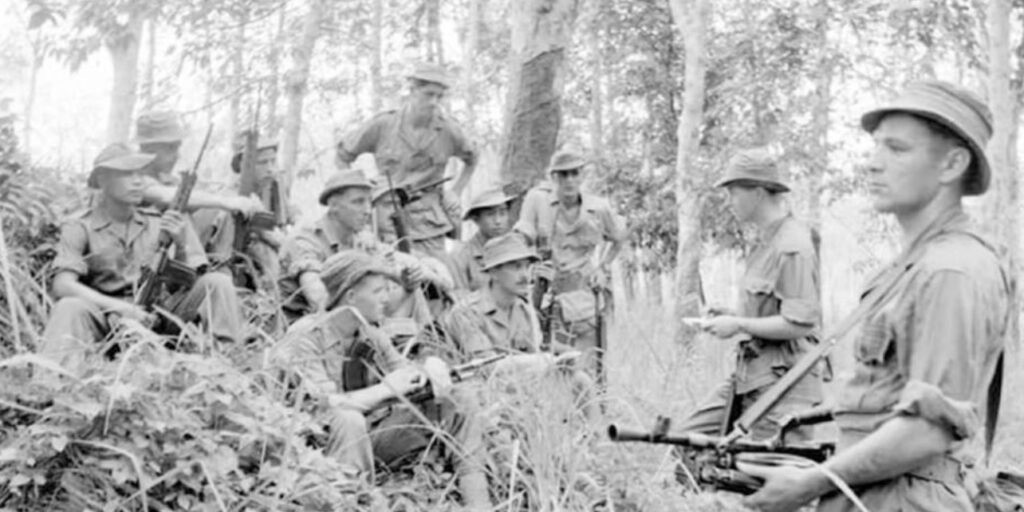The UK government has formally apologised for the Batang Kali massacre, an incident from 1948 where 24 unarmed men were killed by the Scots Guards during efforts to suppress a communist uprising in Malaysia.
This apology, issued by Catherine West MP, UK Minister for the Indo-Pacific, marks a rare acknowledgment of colonial wrongdoing by the British government.
In December 1948, the Scots Guards surrounded a rubber plantation at Sungai Rimoh near Batang Kali, Selangor, separating men from women and children for interrogation before executing the men and burning down the village.
Efforts to legally justify the killings were made in 1949 through Regulation 27A, which authorised lethal force to prevent detainees from escaping arrest.
Despite confessions by six soldiers in 1970 and ongoing demands for a public inquiry, both Westminster and subsequent legal decisions have consistently refrained from reopening the case.
In 2012, the High Court confirmed the killings but left questions about the circumstances unresolved. The Supreme Court later recognised UK responsibility but deemed a new inquiry unfeasible.
The recent apology by the UK government, while dismissing the possibility of a new inquiry, acknowledges the “tragedy” and the “deep suffering” caused, aiming to correct historical inaccuracies that depicted the victims as insurgency supporters.
This move is part of a broader trend of late acknowledgements, including apologies for the Mau Mau uprising, Bloody Sunday, and historical wrongs such as the slave trade and the forced migration of children to former colonies.
The Action Committee Condemning the Batang Kali Massacre, along with survivors and relatives of the victims, has welcomed the apology as an important step towards reconciliation and historical correction, emphasising the non-monetary nature of their advocacy for dignity and recognition.
This apology from the British government stands out as a significant but rare gesture of contrition for its colonial past, aiming to mend historical injustices and contribute to healing and reconciliation with affected communities.


